Fordham Announces Testing Plans During Omicron Outbreak
Courtesy of Pia Fischetti/The Fordham Ram
Fordham has began re-evaluating their testing requirements in light of the recent Omicron outbreak that has struck New York City.
On Jan. 18, Rev. Joseph M. McShane, S.J., president of the university, announced via email Fordham University’s decision to resume full in-person instruction and campus operations for the spring 2022 semester. In order to safely return to in-person instruction and minimize the likelihood of a potential omicron outbreak, Fordham has announced several COVID-19 precautions for returning to campus.
Considering the contagious nature of the omicron variant, many in the Fordham community have expressed concerns regarding the administration’s precautions and its overall preparedness for a potential outbreak. Assistant Vice President and Dean of Student Services Keith Eldridge said the biggest precaution Fordham is taking is requiring students to receive a booster dose of the vaccine before Sunday, Jan. 23.
“All the research continues to say that the vaccine is the best way to stop the spread,” said Eldridge. Fordham’s student body has been extremely compliant with past vaccination requirements, with 99.37% of the student body being vaccinated as of Sept. 19, 2021. So, it is hopeful that students will continue to comply with the requirements for the booster.
“I’m glad Fordham is requiring the booster shot for this semester. It’s been proven to work effectively, and I’m hoping making it mandatory on campus will allow us to stay at some level of normalcy,” said Sarah Becker, FCRH ’24.
Similar to the fall 2021 semester, Fordham required re-entry testing for students to return to campus for the spring 2022 semester. In addition to re-entry testing, Eldridge said Fordham is discussing requiring surveillance testing throughout this spring semester that will likely be announced in the upcoming weeks.
However, it is uncertain how long this periodic testing will last through-out the semester, but it will most likely be instated on an interim basis depending on the number of cases on campus and other variables pertaining to omicron’s transmission. Fordham announced cancellations of any on-campus events that involve the consumption of food and beverages and the closure of fitness centers.
“It’s difficult to figure out where exactly people contract COVID-19 from, but according to our contact tracing team it seems as though it’s social situations where people aren’t wearing masks,” said Eldridge.
Thus, these restrictions are an attempt to limit the misuse or non-use of masks on-campus. However, the decision to close fitness centers has proven to be particularly unpopular amongst much of Fordham’s student body.
Jessica Long, FCRH ’24, said, “I understood what Fordham was trying to do in order to protect us from the spread of COVID, but it was disheartening to hear … Closing the gym and canceling other activities on campus is effectively decreasing students’ options for taking care of their physical, mental and social well-being.”
Fortunately for Fordham students, Eldridge said that all Fordham’s pre-cautions and restrictions are being constantly re-evaluated depending on the number of cases on campus as well as the science behind trends of the omicron variant.
As a result, many people are hopeful that students will see the return of certain on-campus activities, including the fitness centers, as long as COVID-19 cases on campus stay at a low level.
The precautions Fordham has put in place this semester are all a part of the administration’s plan to prevent the likelihood of an
omicron outbreak. Many students are uncertain about the protocol following a positive test result while on campus or exposure to
someone with COVID-19.
“Everyone I’ve talked to seems to be a bit worried about the logistics of quarantining. As of right now, I have no clue where I’d go or what is expected of me if I test positive,” said Becker.
Justin Callegari, FCRH ’24, said, “I think Fordham needs to do a better job at maintaining transparency when conveying important information relating to COVID-19.”
According to Eldridge, Fordham is following CDC and the Department of Health of New York State’s protocols pertaining
to potential COVID-19 exposures closely.
“If you are fully vaccinated with the booster dose, then you do not have to quarantine even if you are a close contact,” said Eldridge.
People considered to be close contacts are highly encouraged to wear masks and required to get a PCR test five days after being in contact with a COVID-19 positive individual.
Eldridge states that “there is space on campus for students to quarantine and there is actually more space than last semester.” Considering the possibility that Fordham could experience a large spike in COVID-19 cases, Eldridge notes Fordham is discussing a number of contingency plans in case this quarantine space fails to accommodate all students quarantining on-campus.
“I certainly think we are going to see high numbers of positives, but how huge this will be or how high it might go is hard to tell … But I think we are as prepared as we can be,” said Eldridge. Due to the unpredictability of COVID-19, it is uncertain what exactly would be done in the event of an outbreak. Fordham’s response to a potential outbreak will vary depending on the severity of the scenario.
“It is certainly possible that we would be forced to return to online learning, but that is one of the more extreme responses,” said Eldridge.
In addition to the protocols and plans Fordham has in place, members of the Fordham community play an equally important role in reducing. the likelihood of an on-campus out-break by adhering to mitigation protocols such as wearing a mask.
Eldrige told students to stay up to date with official Fordham emails.





































































































































































































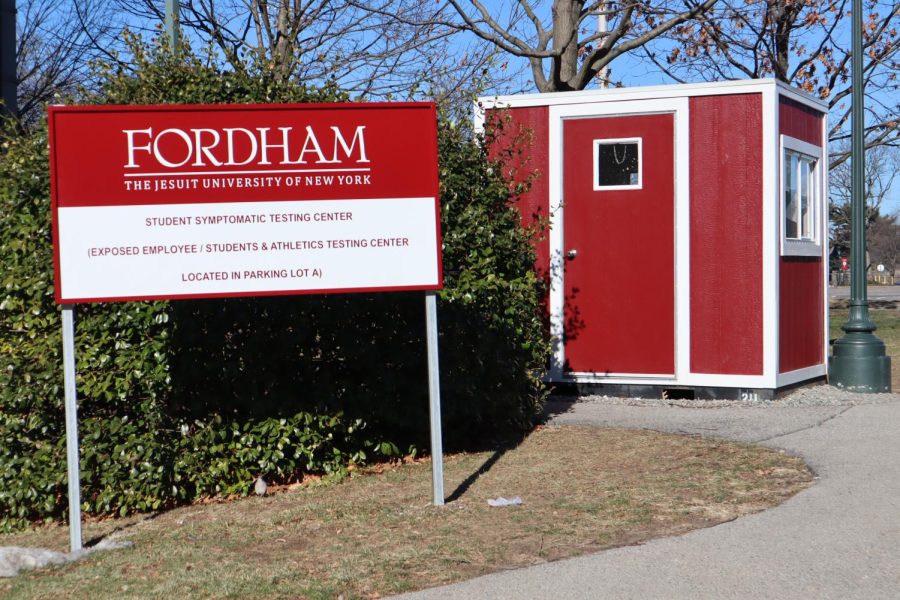
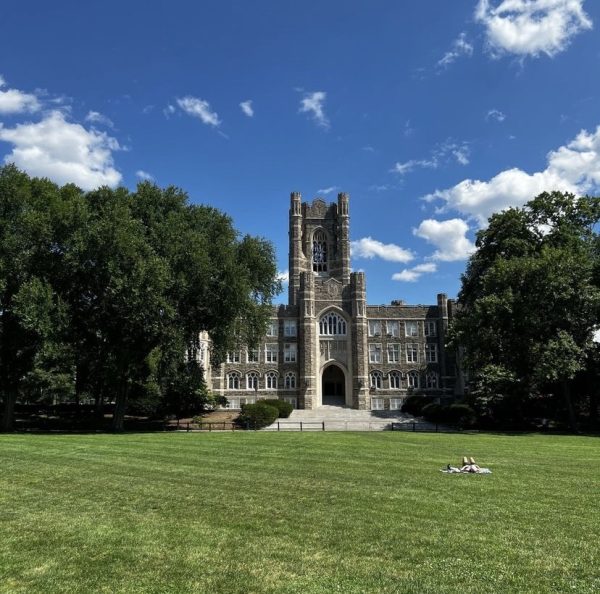
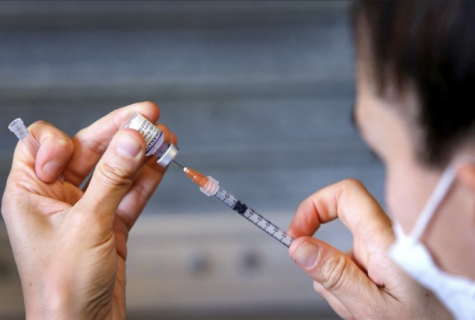
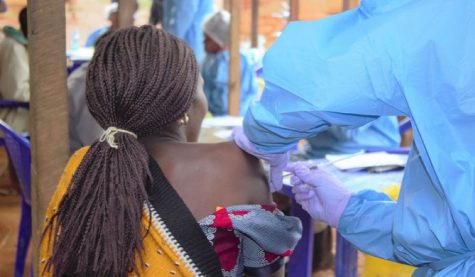
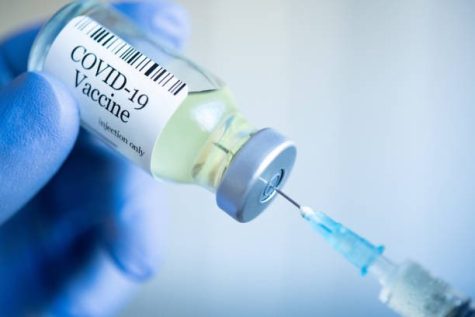

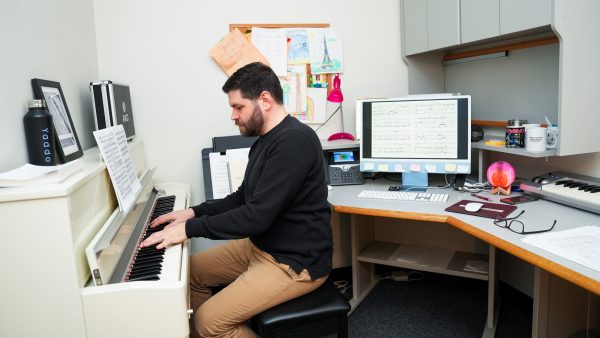
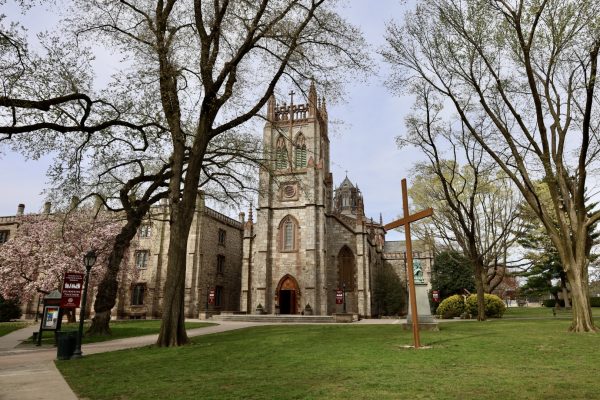
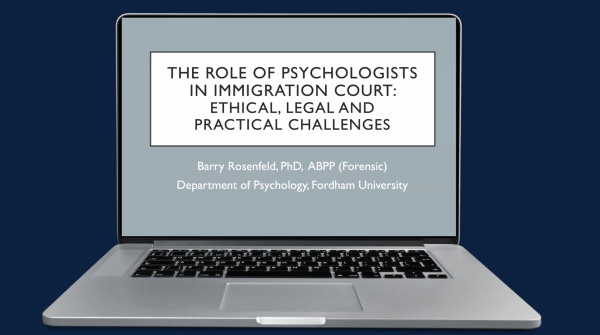
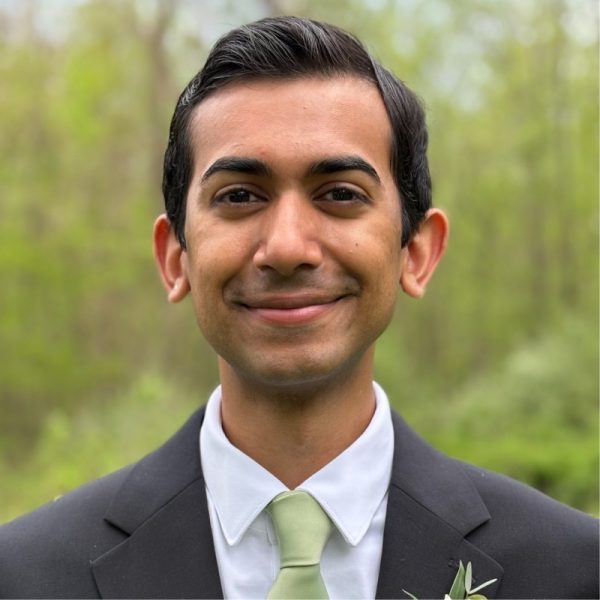
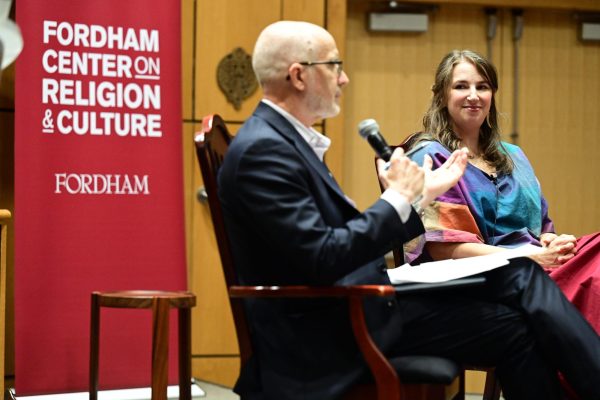
Lori Glass • Jan 27, 2022 at 10:27 am
I concur with the protocol of mask wearing as I am a Respiratory Therapist and want everyone to be protected from Covid-19. I have experienced many patients suffering from this and vaccines and mask wearing are our best protection. Well written.